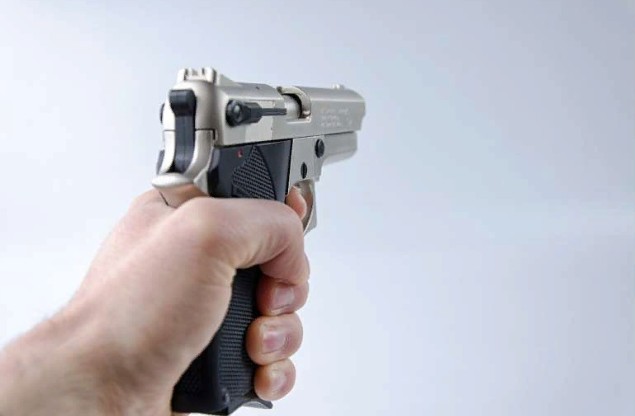Following COVID-19, a research team finds that people and places that have been affected by interpersonal firearm violence have changed
There was a spike in gun violence in Philadelphia during the COVID-19 outbreak, and researchers at Temple University’s Lewis Katz School of Medicine looked into why. They found that the use of containment measures was a direct cause.
A new study published in the journal Preventive Medicine expands on those findings by looking at the people and places affected by interpersonal firearm violence in Philadelphia during the COVID-19 pandemic.
The research team looked at the time, date, and block-level location of occurrences, as well as demographic and mortality information about victims, using the Philadelphia Police Department’s registry of shooting victims from January 1, 2015, to March 31, 2021.
They also looked into mass shootings, which are incidents in which four or more people are shot within 100 meters of each other in less than an hour (about one city block).
A lot of things will happen after the city of Philadelphia adopts COVID-19 containment measures on March 16, 2020.
- The number of people shot per quarter nearly doubled from 331 pre-containment to 541 post-containment.
- The proportion of women shot increased by 39%, from 8.2% to 11.4% of all shootings.
- The proportion of children shot increased by 17%, from 7.8% to 9.0% of all shootings.
- Among children, there was a 13% increase in shootings from noon-11:59 p.m.
- Compared to other groups, Black women were 11% more likely and Black children were 8% more likely to be shot following COVID containment.
- Mass shootings increased by 53% from 3.6% of all shootings prior to containment measures to 5.5% of all shootings after containment measures were implemented.
- The increase in mass shootings did not fully explain the observed changes in the people impacted by firearm violence.
- Shootings were less likely to be fatal, with 17.3% of shootings resulting in death post-containment compared to a shooting fatality rate of 20.2% pre-containment.
- There were increased rates of shootings in parts of Northeast, Eastern and Southwest Philadelphia and an increase in mass shootings in the Northeast.
After measures to contain the spread of COVID-19 were put in place to contain the spread of COVID-19, our research reveals a shift in the epidemiology and an increasing severity of interpersonal firearm violence in Philadelphia, said Jessica H. Beard, MD, MPH, FACS, Assistant Professor of Surgery and Director of Trauma Research at the Katz School of Medicine and the study’s corresponding author.
Containment policies, in the absence of strong social and economic support, are likely to have exacerbated structural disparities that already existed.
We can only solve the city’s gun violence epidemic by addressing the core causes of interpersonal firearm violence and acquiring a greater grasp of the changes that have happened.
From a public health standpoint, investments in public education and employment, as well as increased access to social services and support, such as medical assistance, could all be considered answers.





